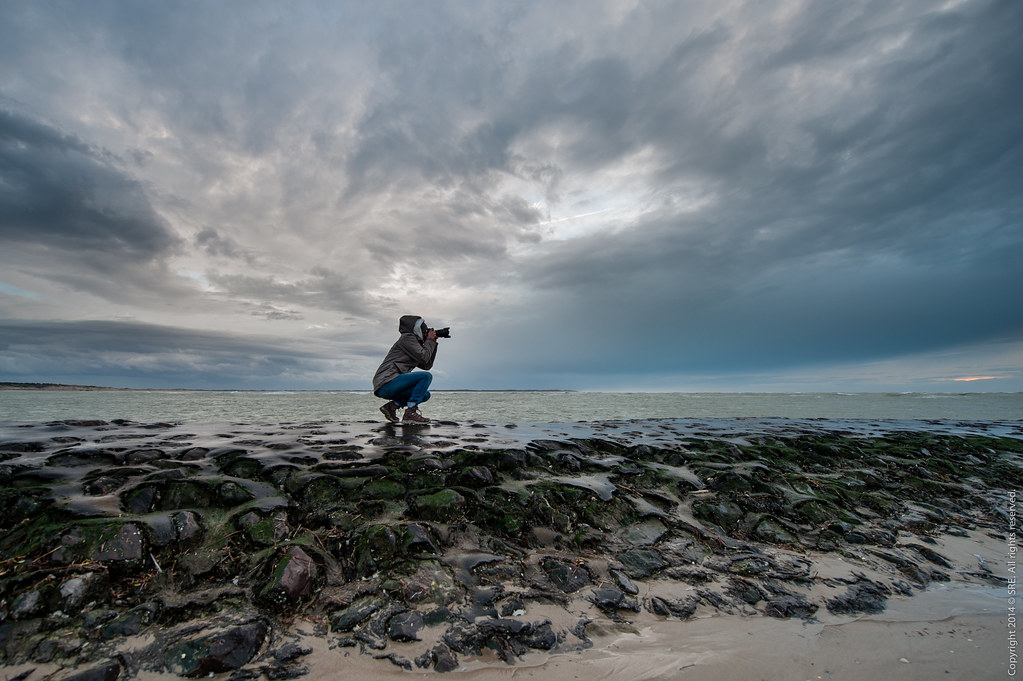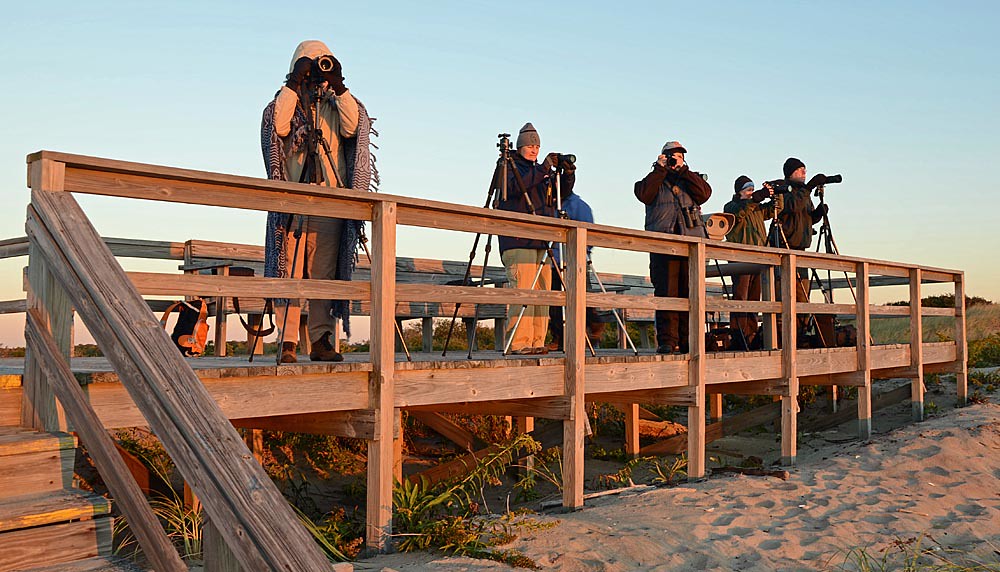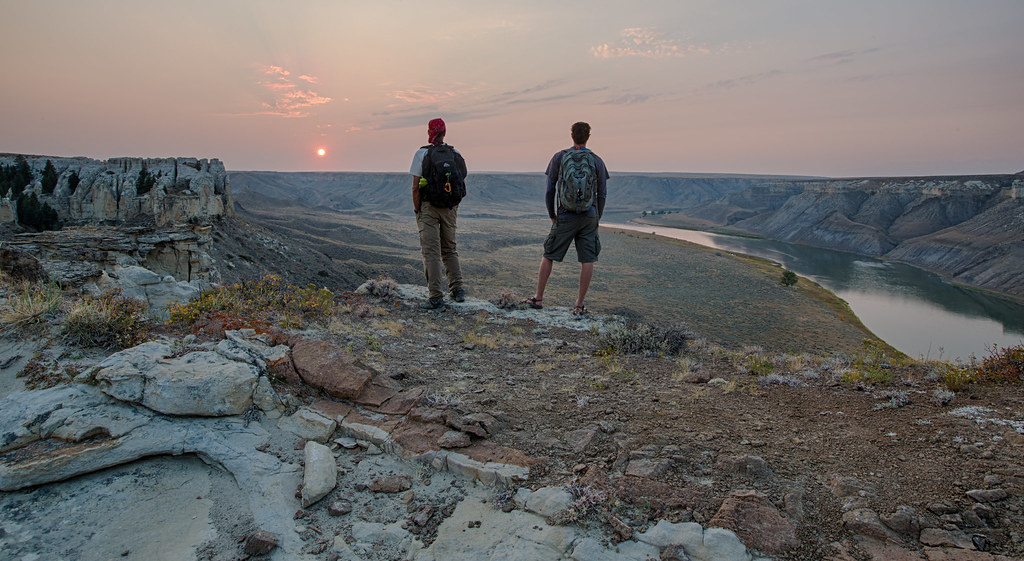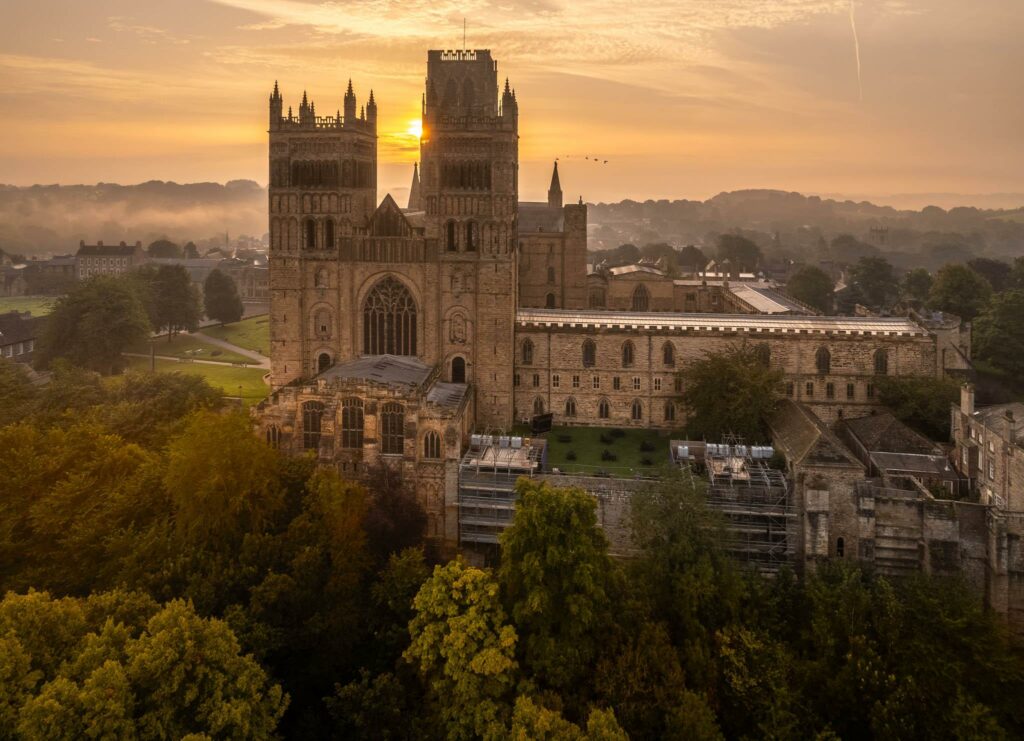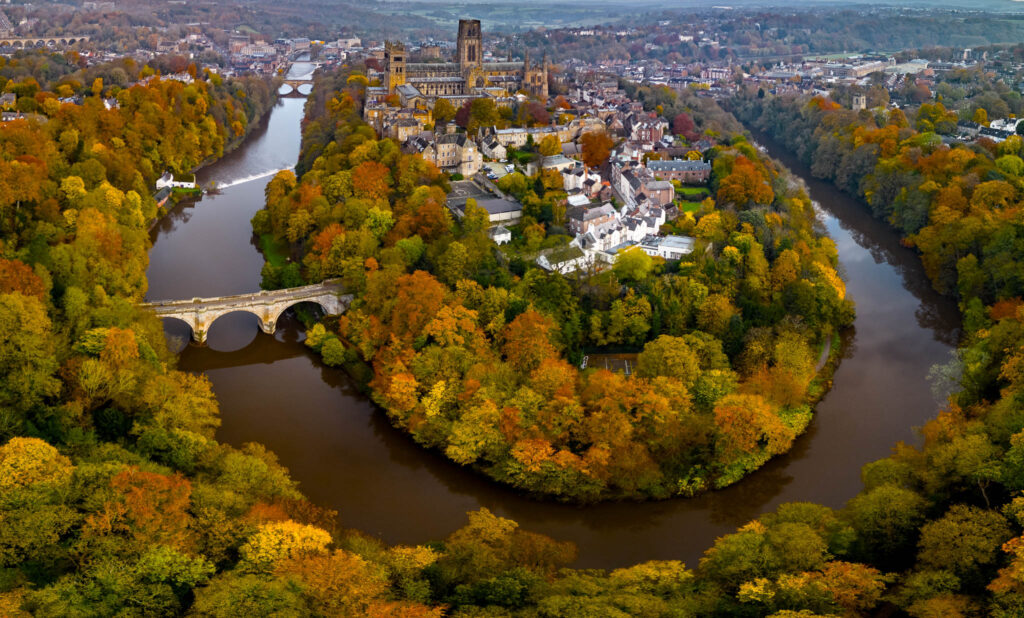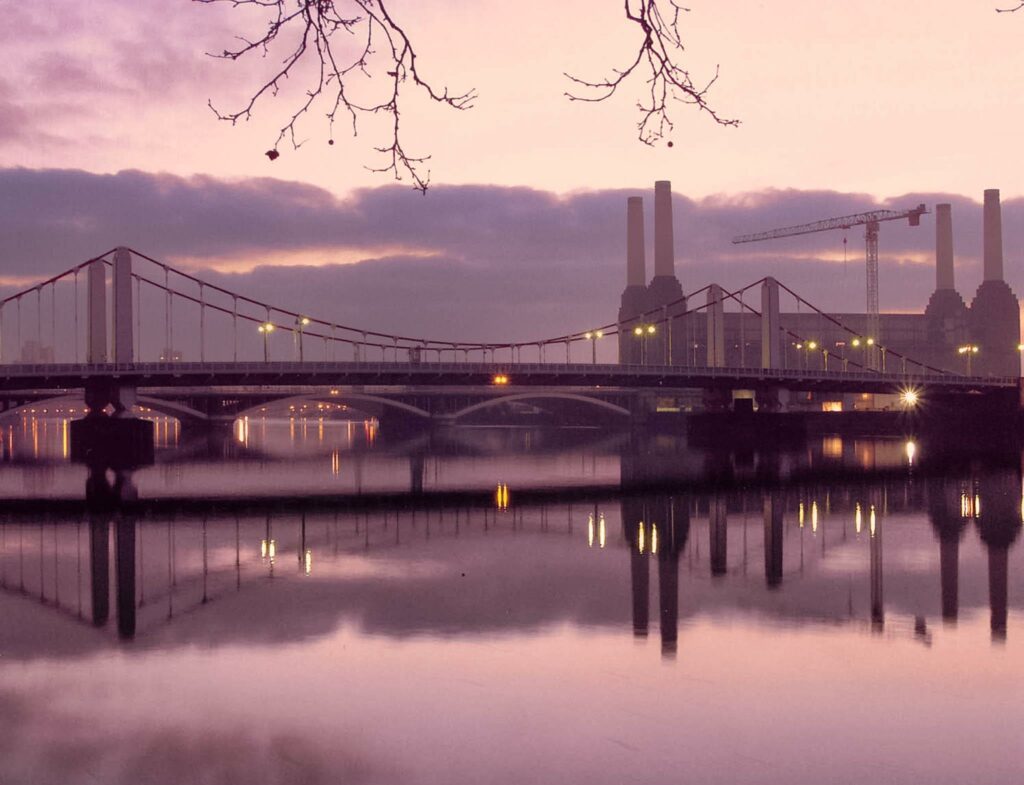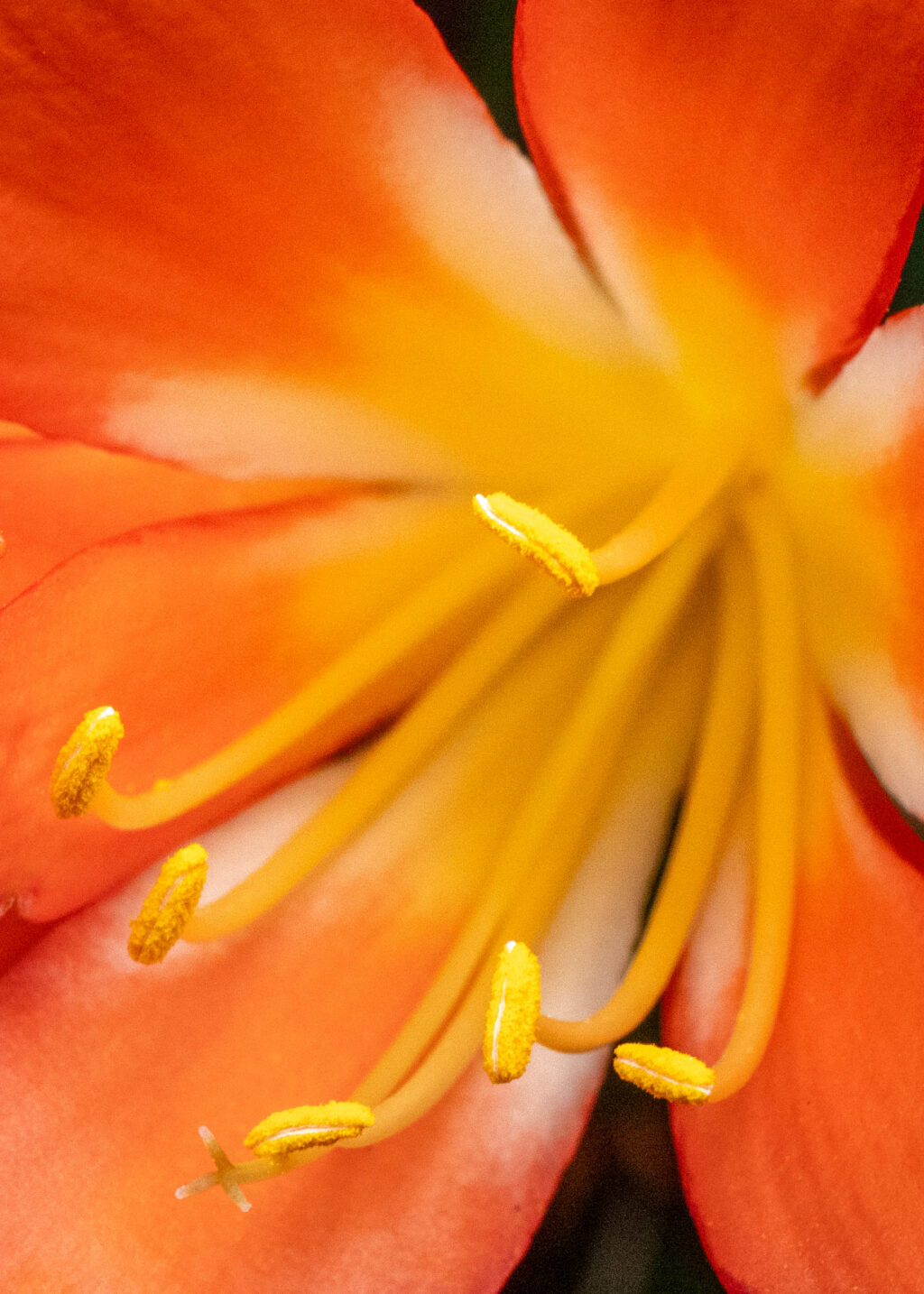Whenever someone asks me what the single most important thing they can do to improve their photography skills, the answer is almost always, “practice more”. Take it seriously, even if it's only for 30 minutes a couple times a week, make a schedule for practice shoots and hold yourself to them.
Before we go further, be sure to check out this fantastic Course “Understanding Composition” . Why? Because grasping some of the basic principles in photographic composition will make you a better photographer – there's no doubt about it.
Photographer on the water by izsofast, on Flickr
While that sounds easy enough to manage, there's a little more that goes into practice than just getting out there and shooting – you also need to make sure you're actually practicing with the intention to improve. That means building healthy practice habits that'll stick with you for the long haul…
Build Better Habits To Improve Your Photography
Sorry slackers, just because you're not out there photographing for big money doesn't mean it's time to allow yourself to take shortcuts or be a little lazy. Not everyone thinks of it this way, but practice is essentially the process of forming habits. Do yourself a favor and make sure you're only forming good habits!
Here a few good habits all of us photographers should be developing:
- Fix It In Camera.
If you have the ability to fix an issue with a photo in camera take the time to do it. A lot of times it's easier to just say, “Oh, I'll just fix that in post later.”, but don't forget that you're out taking photos to improve your camera skills, not your Photoshop skills.Make sure you're building the good habit of dedicating the time spent with your camera as an opportunity to build your camera skills. - Think. Observe. Prepare.
Make the habit to stop and think about each frame you snap before you take it. Don't fall into the hole of just taking a bunch of random photos and hoping one of them comes out decent.If you ever get lost while hiking, they say the best thing to do is STOP: Sit down Think Observe Prepare.Photography could use a similar acronym. While you may not necessarily need to sit down, you should still stop, think about what you're going to take a photo of, observe the details of the composition, and prepare and adjust yourself and your gear before you take the shot.In other words, shoot with the intention to take the best photo you can each time. - Use Mistakes As A Means To Progress.
Okay, it's time for some real talk. The reality is, no photographer takes great photos every time they take a shot and you're most likely not an exception to that rule. Sometimes we're going to take photos that just aren't very good.When this happens, don't sweat it – establish what it is about the photo you don't like and try to fix it next time. Keep doing that until you've got the photo you wanted, just don't get into the bad habit of wasting too much energy on disappointment. Remember, each mistake we make is an opportunity to learn something new!
These three options, however, are just starting to scratch the surface of all the good habits us photographers could be developing.
Composition is something all photographers should be aspiring to learn and get to grips with understanding and getting right – after all, it's one of the key foundations to taking good pictures. This Course “Understanding Composition” could really enable you to leap that extra distance you've not be able to do because of lacking some basic principles.
A Master In 10,000 Hours?
Thanks to Malcolm Gladwell's book, Outliers, there's a popular theory out there that states it takes a total of 10,000 hours to become a master of something. Don't get me wrong, ten thousand hours is a lot of practice.
But, if you're under the impression that after “X” amount of studying and practicing you'll have mastered the art of photography and will have learned everything there is to know about it, then let me stop you right there.
Photographers by U.S. Fish and Wildlife Service Northeast Region, on Flickr
No single person is ever going to know everything there is about photography, not with 10,000 hours of practice, not even with 50,000 hours of practice. And you know what? That's a good thing.
The second we allow ourselves to believe we know everything about taking photos, is the second we stop getting better at it. When that happens, when we turn our backs to trying out new techniques and methods, we also stop the process of Invention.
The truth is, you don't need “X” amount hours to be a master photographer, instead make it habit to focus on being better at photography today than you were yesterday.
My Observation: Progression Is Perfection
#TravelTuesday with My Public Lands by Bureau of Land Management, on Flickr
Never stop learning. When someone criticizes a photo of yours because they thought they knew exactly what to do differently to make it perfect, brush it off and carry on.
If you keep practicing and learning, regardless of how good you become, you'll always have the potential to become even better, while the critic who already makes “perfect photos” is incapable of progressing beyond what they've already achieved. Using all those hours of practice WILL enable you to build your skillset dramatically, a little help along the way can propel you forward that bit quicker.
That's where this Course “Understanding Composition” comes in. Grasping some basic principles in composition will make you a better photographer, no doubt about it.
Further Resources
- 5 Ways To Practice Your Photography At Home by Dzvonko Petrovski
- 15 Easy Tricks For Getting Better Photographs by Federico Alegria
- Easy Exercises You Can Do To Improve Your Eye For Composition by Tiffany Mueller
